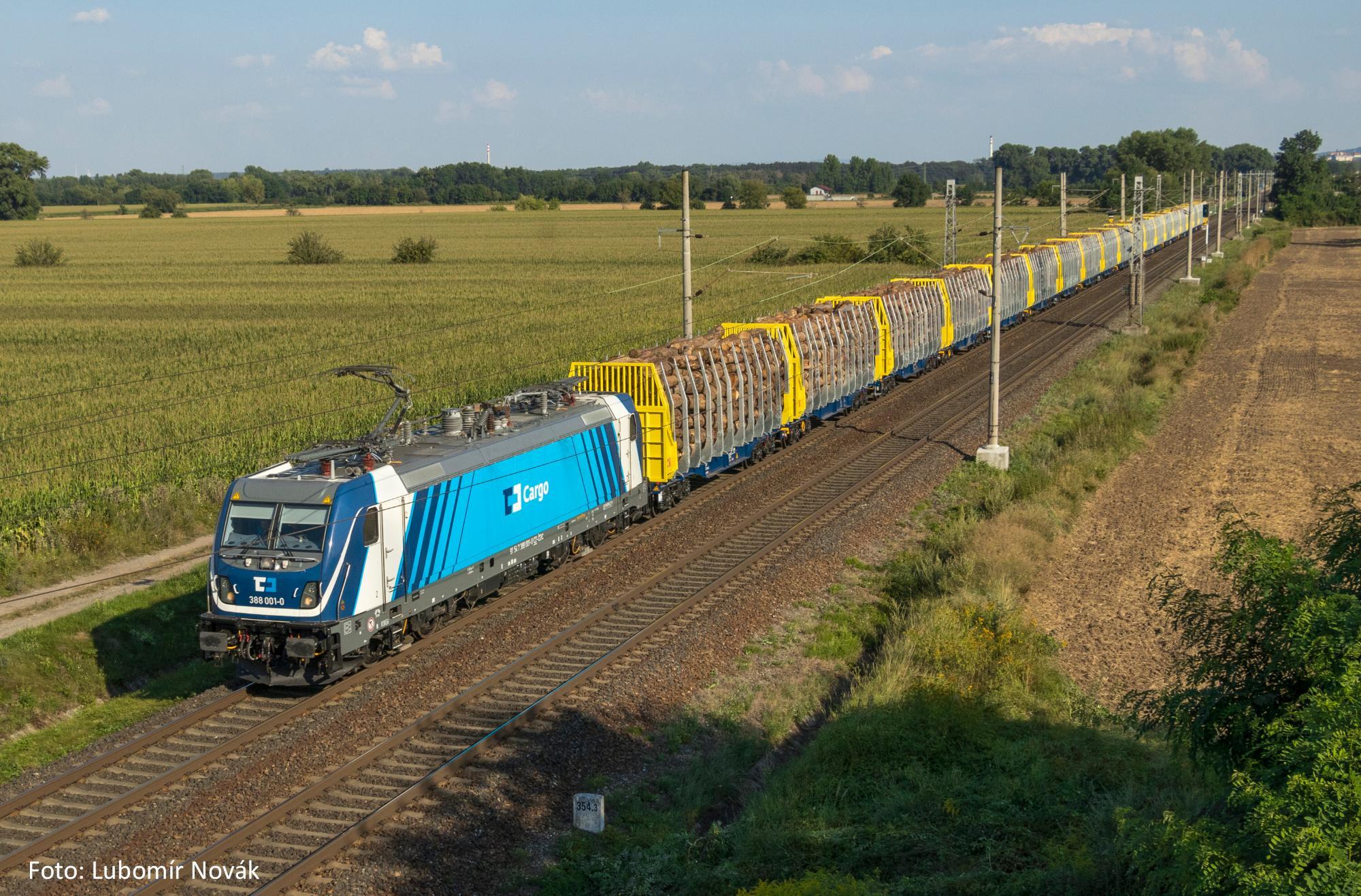The European Asylum Support Office (EASO) to support the Spanish authorities in developing and implementing a new model for the reception of asylum seekers in line with EU standards.
(Text in Spanish below)
The Executive Director of EASO, Nina Gregori, and the State Secretary for Migration of Spain, Hana Jalloul Muro, signed an Operating Plan for 2021 which will see the Agency immediately commence work to support the reception authorities in Spain.
The Operating Plan follows a Joint Rapid Needs Assessment (JRNA) carried out by EASO and the Spanish Ministry for Inclusion, Social Security and Migration, between mid-September and the end of October 2020. The JRNA helped identify the needs of the Spanish authorities, which EASO will now assist in addressing.
Commenting on the new EASO operation, Nina Gregori stated: “I am proud that EASO is once again able to quickly provide tangible support to frontline Member States’ asylum and reception capacity. I want to personally thank State Secretary Jalloul Muro and her services for the exceptional partnership that we have already developed, and for Spain’s clear commitment to the EU’s reception standards. EASO will immediately begin working to implement the Operating Plan and assist our colleagues in Spain.”
In addition to establishing a new dedicated team at EASO Headquarters in Malta, the Agency will deploy personnel to Spain.
In particular, EASO will:
- Support in the transition towards a new model for reception in the country;
- Enhance structural processes in support of the Spanish reception system;
- Contribute to strengthening capacity within the Spanish reception system through professional development, tools and materials;
- Provide enhanced capacity to reception services in the Canary Islands; and
- Support the Spanish authorities in the area of resettlement.
Spain will become EASO’s fifth ongoing operation, the others being in Cyprus, Greece, Italy and Malta. The Agency has approximately 2 000 personnel deployed in these Member States, which is an unprecedented level of support, and recently announced that it had more than doubled it operational productivity in 2020.
Any further information may be obtained from the European Asylum Support Office on the following email address: press@easo.europa.eu
España: La EASO inicia una nueva operación de apoyo al sistema de acogida
La Oficina Europea de Apoyo al Asilo (EASO) ayudará a las autoridades españolas a elaborar y poner en práctica un nuevo modelo destinado a la acogida de los solicitantes de asilo acorde al estándar de la UE.
Doña Nina Gregori, directora ejecutiva de la EASO, y Doña Hana Jalloul Muro, secretaria de Estado de Migraciones de España, firmaron un plan operativo para 2021 en virtud del cual la Agencia comenzará inmediatamente a asistir a las autoridades de acogida españolas.
El plan operativo es consiguiente a un diagnóstico rápido de necesidades realizado conjuntamente por la EASO y por el Ministerio de Inclusión, Seguridad Social y Migraciones de España entre mediados de septiembre y finales de octubre de 2020. Este diagnóstico rápido sirvió para identificar las necesidades de las autoridades españolas, a las que la EASO intentará dar respuesta.
En relación con la nueva operación de la EASO, Doña Nina Gregori comentó lo siguiente: «Me enorgullece que, una vez más, la EASO pueda ofrecer una asistencia rápida y tangible a la capacidad de asilo y acogida de los Estados miembros situados en primera línea. Deseo agradecer personalmente a la secretaria de Estado Jalloul Muro y a sus servicios la excepcional colaboración que ya hemos entablado y el claro compromiso de España con el cumplimiento de las normas de acogida de la UE. La EASO comenzará a trabajar inmediatamente para poner en práctica el plan operativo y poder asistir a nuestros colegas españoles».
Además de crear un nuevo equipo específico en su sede de Malta, la Agencia desplegará miembros del personal en España.
En concreto, la EASO:
- asistirá en la transición hacia un nuevo modelo de acogida en el país;
- mejorará los procesos estructurales en apoyo del sistema de acogida español;
- contribuirá a reforzar la capacidad del sistema de acogida español a través del desarrollo profesional y por medio de herramientas y materiales;
- aumentará la capacidad de los servicios de acogida en las islas Canarias; y
- asistirá a las autoridades españolas en materia de reasentamiento.
España será el país beneficiario de la quinta operación en curso de la EASO, tras Chipre, Grecia, Italia y Malta. La Agencia cuenta con unos 2 000 miembros de su personal desplegados en estos Estados miembros, lo cual supone un grado de asistencia sin precedentes, y recientemente ha anunciado que, en 2020, ha duplicado con creces su productividad operativa.
Si desea ampliar esta información, póngase en contacto con la Oficina Europea de Apoyo al Asilo, a través de la dirección de correo electrónico siguiente: press@easo.europa.eu.


